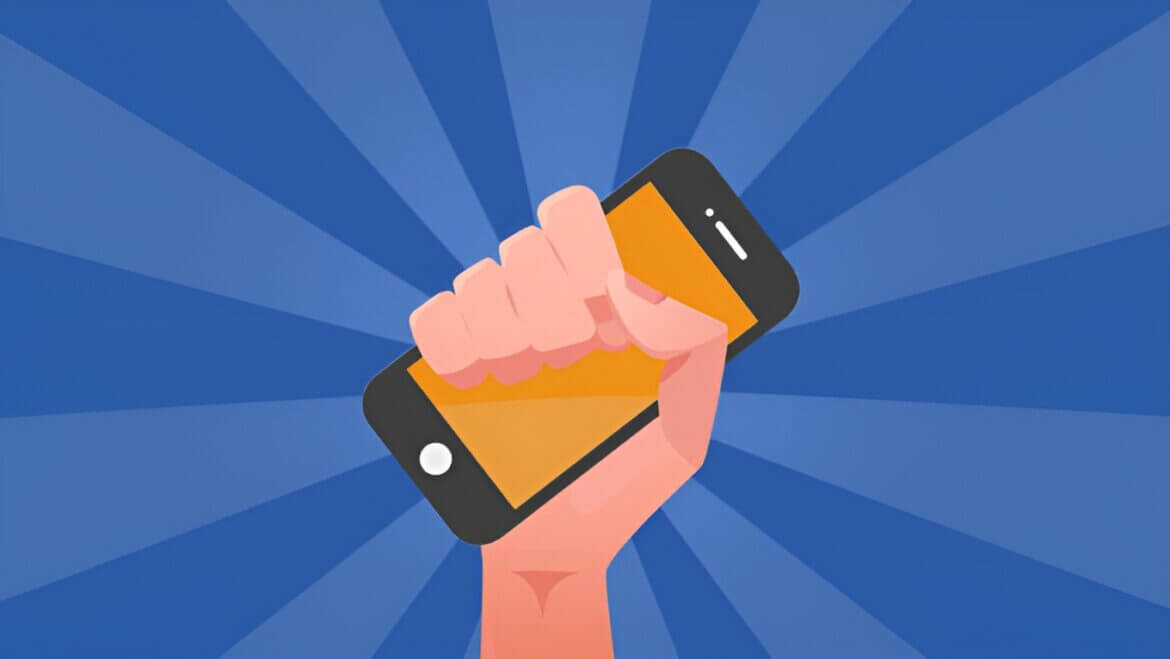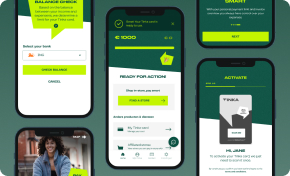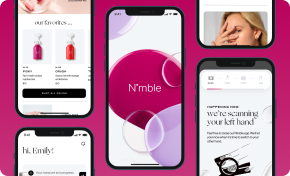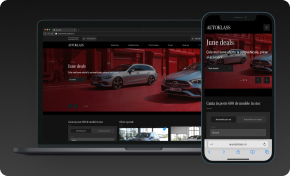It’s a proven fact. Before the release of the first iPhone, it would have been hard to predict the degree to which mobile would change the consumer perspective. Mobile has become the first screen. In 2015, about 1 billion smartphones were sold. That’s twice as many as the number of personal computers. The average mobile app user spends more than 30 hours per month in apps. This means that neglecting this channel will put your business at a significant disadvantage.
Do you need more data to convince yourself that building an app for your business is a must?
Here are some key insights about app economy forecast, accordingly to AppAnnie:
- In 2016, the global mobile market is projected to expand by 24 percent, reaching $51 billion in gross revenue across all app stores. By 2020, gross revenue across all app stores will exceed $101 billion globally.
- China will surpass the U.S. in terms of total revenue from app stores by the first half of 2016, having surpassed it in downloads in early 2015.
- Mature markets will see continued growth, while emerging markets like India, Indonesia, Brazil, Argentina and Turkey will expand the most dramatically this year and through to 2020.
Customized Mobile Apps to Elevate Your Business
Building Mobile Apps that Bridge Your Business with Your Audience
Explore Mobile App DevelopmentThe truth is that we are spending more time in apps than ever before. Since Q1 2004, the total time spent in apps by all users has more than doubled. The reasons for this spectacular growth are the expanding install base of smartphones (particularly in emerging markets) and the increase of the average time that individual users are spending in apps.
More and more apps are offering sophisticated features, the average length of an app session increasing by about 35% in the last two years. Nowadays, people use their devices for almost every activity, from accessing music and video content to taking and editing photos; from shopping or checking the weather to core gaming. In fact, the expanding number of offered features is allowing mobile devices to meet the needs of the consumers, disrupting many traditional industries like news, television media, retail and more. For some major markets, the smartphones have overtaken laptops to become the most important device for accessing the internet. According to Google more searches take place through mobile devices than computers. Mobile is also gaining market share against the powerful TV industry. In United States, a large part of video consumption is done through mobile. Companies like Netflix, HBO, Hulu, Showtime (and many others) are expanding their business by taking advantage of this fact.
For developed markets, the mobile has become the primary screen for consumers. And emerging markets are rapidly closing the gap, as a result of long-term infrastructure investments in mobile networks and Wi-Fi. And I do not have to mention Zuckerberg’s plan of connecting to the internet every person on Earth. Just imagine the opportunity of connecting with every human being and how countlessobstacles would disappear.
Mobile brings huge opportunities, but your business needs to adapt
Mobile is now the best way for engaging with consumers. Users are increasingly using native apps instead of mobile browsers in order to make purchase decisions. In Q1 2016, over 90% of app users’ time was spent in apps (and only 10% of their time was spent in the world’s top 10 mobile browsers), according to AppAnnie. In 2016, Google stated that 50% of users turn to apps to make purchase decisions, 45% used apps to look for product information, and 29% made a purchase (either online or offline) having used an app for research. During BlackFriday 2015, online and mobile were the shopping channels of choice in the US. Retail experience, customer engagement and loyalty can be enhanced by using personalised and targeted notifications sent through apps. Also, data generated by users represents a huge asset for any app publisher, simplifying the decision making process and providing a deeper understanding of the users’ behaviour.
No matter the kind of market you are acting in, smartphones have become the first screen we turn to for accomplishing tasks and entertaining ourselves. Publishers and businesses that have embraced this are only just beginning to reap the benefits.
Experience the Power of Custom Software Development
Transformative Software Solutions for Your Business Needs
Explore Custom SoftwareHere, at HyperSense Software we understand the users needs, on one side, and your business’s expectations and targets, on the other. Since the first smartphone was created we’ve been bringing custom and platform-based solutions to start-ups, midsize and large companies in Healthcare, Telecom, Retail, Financial Services and other industries. Using our extensive development skills, combined with our expertise and app development experience, we know how to craft the best mobile application for your business. We have the same goals as you – to see you succeed. Let’s talk here about your new project!










